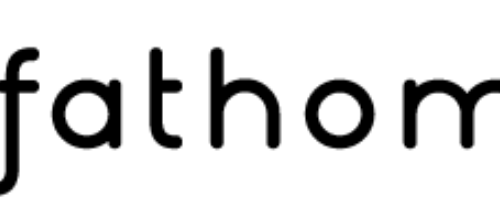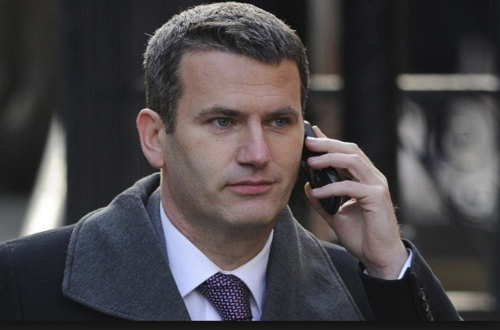First, some background. After the outburst on Twitter analysed in Eve’s recent post, The Voice published an interview with Wiley which you can read here. There is a good summary of what is so very wrong with Joel Campbell’s piece in the Jewish Chronicle, and Stephen Bush, political editor of the New Statesman, wrote an excellent open letter to The Voice’s managing director.
A regrettable and unavoidable challenge of both our jobs is how to handle expressions of outright bigotry and hate speech from famous and significant figures. How to present hate speech and contextualise it. To what extent does “rebutting” hate speech inadvertently lend it a greater prominence than it would have otherwise have? Answering those questions presents us with some of the toughest challenges we face in our profession.
Joel Campbell’s interview with Wiley not only fails to meet that challenge, but appears to revel in not doing so.
The problems in Campbell’s article began with the title – ‘Systemic Oppression and Wiley’ – and the final sentence of the subheading – ‘But within his ranting were there any salient points?’ For the implied answer to this question is ‘yes’. Rather than criticising his views, or reporting them neutrally, the article encourages the reader to think Wiley may have been hard done by.
These questions were not being posed from an ignorant perspective, some of the views espoused by Wiley are the great unsaid outside of the black community.
And in this convoluted sentence the author manages both to reject antisemitism in horror and insinuate that Wiley’s views, rather than being conspiratorial, in fact represent a truth that most people don’t dare articulate.
Putting anything remotely near considered Anti-Semitic to one side of course, in fact out the window in the bin, not too many seem prepared to vocalise their consternation for some of the recurring themes Wiley believes is the stranglehold one community seems to have over another in particular relation but not confined to, the music business.
The article makes much of the word ‘they’ – investing it with a sinister charge, suggesting Wiley’s opponents are uncannily unnameable. Wiley’s own quoted words reinforce this conspiratorial atmosphere:
Because the truth is, what I am saying is systemic and when I say it, they pretend they don’t know what I am saying but they are the ones who implement it anyway.”
Almost every brief paragraph is problematic – this one for example:
Unless there’s some or indeed a whole heap of truth in what he is saying, what’s stopping this discussion from being had between ‘them’ and the artists?
The final sentence of the article is particularly menacing.
At least we have some idea who ‘they’ are now.
We certainly do.
Now, after widespread condemnation, The Voice has issued an apology. There’s nothing much wrong with the text of the apology, in and of itself. It only seems inadequate – a non-apology – given the nature of the problem.
One respondent on Twitter sums up the reactions of many pithily.
Do you actually understand, it’s not the content from Wiley that is most offensive, it’s the reflections of YOUR interviewer that are deeply antisemitic. He works for you and as such you condone this. Your anti-racist credentials are now suspect.
I’ll end with the concluding paragraph of Stephen Bush’s letter which emphasises the need for different communities to communicate and work together and find (pace Lou Reed) some common ground.
One of the few things that Campbell gets right in his article is that we clearly need a greater level of “discourse” – because the fact that this article could be published in this form suggests that things have gone very wrong indeed, and that there is a great and damaging level of ignorance about the shared struggles and challenges faced by black Britons and British Jews alike, not least the very real shared struggles of Britons who are both black and Jewish.





